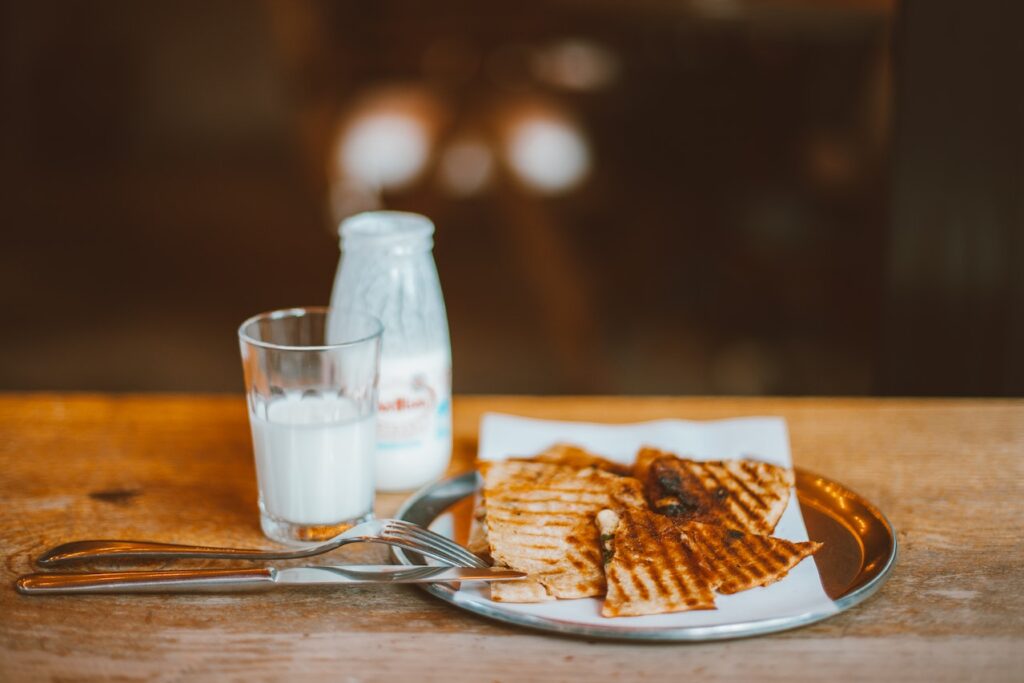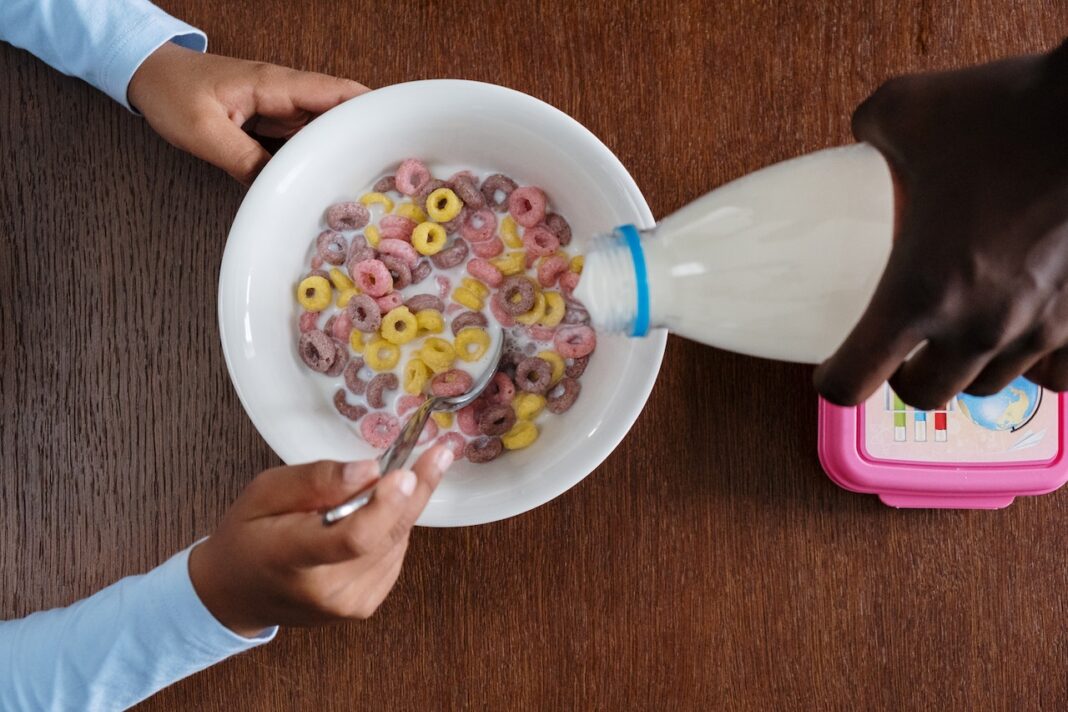Introduction
When it comes to Replenishing fluids, there is some debate over which is better: water or milk. Water is the best choice for most people, but milk can be a good option for those who are working out hard and sweating a lot. Here’s a look at the pros and cons of both options.
Water is the most essential nutrient for the human body and it should be the go-to choice for anyone looking to replenish fluids. This is calorie-free, inexpensive, and readily available. It also hydrates the body more effectively than other beverages.
Milk is a good source of protein and carbohydrates, which can be helpful for athletes or people who are working out intensely. Milk also contains electrolytes like sodium and potassium, which can help replace those lost through sweat. However, milk is more expensive than water and it can be harder to digest.
What’s behind the claim?

There are a few reasons why milk is often promoted as a better option than water for replenishing fluids. First, milk contains electrolytes like sodium and potassium, which can help replace those lost through sweat. Second, milk provides carbohydrates and protein, which can help improve recovery after exercise. Finally, milk has been shown to increase hydration more effectively than water.
However, it’s important to keep in mind that everyone’s needs are different, and some people may find that water is a more suitable option for them. For example, people with lactose intolerance may not be able to tolerate milk as well as others. Ultimately, it’s important to experiment and find what works best for you.
The study details matter
When it comes to rehydration, the details of the study matter. In a recent study, researchers compared the effects of milk and water on hydration in young men. The study found that milk was more effective than water at replenishing fluids and improving hydration status.
The study used a randomized, controlled trial design. The participants were young men aged 18-30 years. They were assigned to either a milk or water group. The participants drank 500 mL of their assigned beverage twice per day for 5 days. The researchers measured the participants’ hydration status before and after the intervention period.
The results showed that the milk group had significantly higher levels of hydration than the water group. Milk was more effective than water at replenishing fluid losses and improving hydration status. These findings suggest that milk is a better choice than water for rehydration purposes.
Hyping hydration: Many claims, little evidence
There are many claims out there about the benefits of different drinks for hydration, but not all of them are backed up by evidence. When it comes to rehydrating after exercise, milk may not be any better than water.
Some people believe that milk is a more effective rehydration drink than water because it contains electrolytes and carbohydrates. However, there is no scientific evidence to support these claims. In fact, a study published in the Journal of the International Society of Sports Nutrition found that milk was no more effective than water at rehydrating athletes after exercise.
So, if you’re looking for a way to replenish fluids after a workout, stick with water. It’s cheap, calorie-free, and just as effective as more expensive options like sports drinks or milk.
Is this focus on hydration actually helpful?
Though we’ve been told for years that eight glasses of water a day is essential for good health, recent studies have called this advice into question. Now, some experts are saying that we should be focused on hydration from all sources, not just water. So, what does that mean for milk?
Milk is a great source of hydration because it contains electrolytes like sodium and potassium, which are essential for proper hydration. Milk also contains carbohydrates and protein, which can help improve your stamina and recovery after exercise. In addition, milk’s fat content slows down the rate at which it empties from your stomach, keeping you feeling fuller longer.
So, if you’re looking to up your fluid intake, milk is a great option. Just be sure to choose low-fat or skim milk to keep calories in check.
When is dehydration a serious problem?
Dehydration can become a serious problem when it leads to severe symptoms such as dizziness, fainting, rapid heartbeat, increased thirst, dry mouth and skin, decreased urine output, and sunken eyes. If not treated promptly, dehydration can lead to serious complications such as heat stroke, kidney failure, or even death. If you are experiencing any of these symptoms, it is important to seek medical attention immediately.
The bottom line
The bottom line is that milk does a better job at replenishing fluids than water. Milk has more electrolytes and nutrients than water, so it helps the body to rehydrate more effectively. Plus, milk is a good source of protein, which can help to rebuild muscles after exercise.


